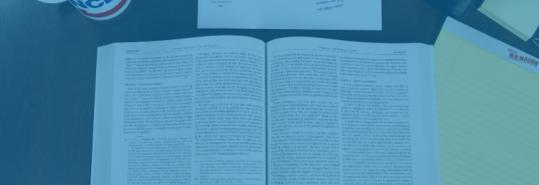Consumer Law Rights Taking Effect In 2022
In 2022 significant new federal and state consumer law rights will be effective, and other rights are set to expire or have been extended. This article sets out, as of January 1, 2022, the effective dates for all of these changes, including changes effective from November 30, 2021 through January 1, 2023.
